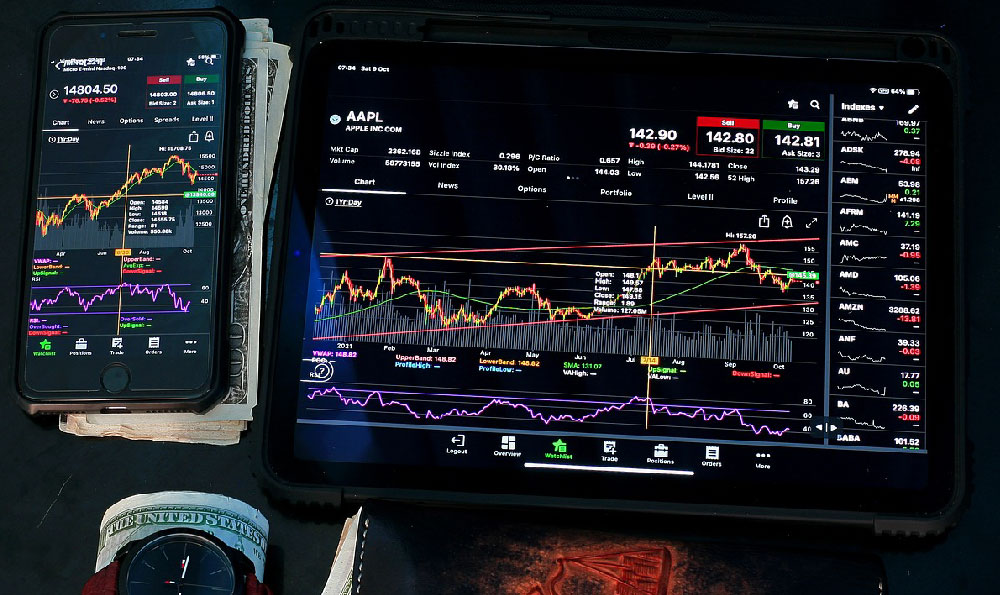Auto Mechanic Earnings: Is It a Good Salary? Industry Insights

Auto Mechanic Earnings: Is It a Good Salary? Industry Insights
The allure of becoming an auto mechanic often begins with the promise of a stable salary, yet the reality of this profession's income potential is shaped by a complex interplay of factors that extend beyond simple numbers. While the median annual wage for auto mechanics in the United States stands at approximately $44,050 according to the Bureau of Labor Statistics (BLS), the actual earnings can vary dramatically depending on location, specialization, work environment, and the evolving automotive landscape. Understanding these dynamics requires more than a surface-level glance; it demands a nuanced analysis of industry trends, technological advancements, and the interplay between demand and supply in the repair sector.
In many developed economies, auto mechanics are part of a broader automotive ecosystem that includes dealerships, independent shops, and automotive service centers. Their salaries are influenced by the local economy’s health, the prevalence of older vehicle fleets, and the penetration of advanced technologies. For instance, regions with a high concentration of luxury car brands may offer higher wages due to the complexity of repairs and the need for specialized training. Conversely, areas where vehicle ownership is less common or where aging infrastructure leads to frequent breakdowns might see mechanical professionals earning more due to increased demand, yet this scenario is not universal. The key lies in recognizing that income is not static—it is a function of adaptability and foresight in navigating market shifts.

The rise of electric vehicles (EVs) has significantly altered the job market for auto mechanics, creating both challenges and opportunities. Traditional mechanics who have invested in learning hybrid and EV-specific repair techniques are now positioned to command higher wages, as the demand for these skills continues to grow. In contrast, those who rely solely on conventional repair methods may find themselves at a crossroads, either diversifying their expertise or risking obsolescence. This transition underscores the importance of continuous education in the field. Certifications in battery systems, regenerative braking technology, and digital diagnostics not only enhance employability but also signal to employers that the mechanic is prepared to meet the demands of an evolving industry.
Workplace dynamics also play a crucial role in determining earnings. Mechanics employed by large automotive dealerships often benefit from structured wage scales, employer-provided benefits, and access to advanced tools, which can contribute to a more predictable income. Independent repair shops, however, offer greater autonomy and the potential for higher earnings, but they also require significant capital investment and business acumen. In some cases, mechanics who operate their own businesses may initially experience lower income due to the overhead of running a service, but over time, this can translate into substantial financial returns, particularly as they build a client base and establish a reputation in the community.
The automotive industry’s response to automation further complicates the salary equation. While robotics and AI are increasingly used in manufacturing and repair, the role of the human mechanic remains irreplaceable for tasks requiring tactile expertise and problem-solving. For example, diagnosing unusual mechanical failures or performing high-precision repairs often necessitates a level of hands-on experience that cannot be replicated by machines. However, the integration of vehicle data systems and telematics has shifted the nature of work, requiring mechanics to develop digital literacy alongside traditional skills. This dual requirement has led to a surge in demand for mechanics with hybrid expertise, thereby increasing their market value.
Economic conditions, such as inflation and the cost of living, also impact the salary landscape. During periods of economic uncertainty, consumers may delay vehicle maintenance, leading to lower service volumes and reduced income for mechanics. Conversely, in a thriving economy, the demand for automotive services remains robust, particularly as vehicle ownership increases and the average age of cars in circulation rises. Additionally, the availability of skilled labor in a region can influence wages—scarce talent often commands higher compensation, while oversupply may lead to competitive pricing.
Looking ahead, the future of auto mechanic earnings is intertwined with the growth of sustainable technologies and the increasing importance of after-sales services. As more consumers prioritize eco-friendly vehicles, the need for mechanics trained in EV maintenance and renewable energy systems will only intensify. Moreover, the role of mechanics in managing vehicle electrification, software updates, and connected car technologies is expanding, offering new avenues for career advancement and higher income. However, this trajectory also requires proactive adaptation, as those who fail to embrace these changes may struggle to remain competitive.
In short, the salary of an auto mechanic is not a fixed metric but a reflection of the broader economic and technological context. While the profession offers a reliable income stream, its potential to foster financial growth depends on the mechanic’s ability to anticipate industry shifts, invest in relevant skills, and navigate the challenges of a competitive market. For those considering this career path, the critical question is not merely whether the salary is good—it is how the mechanic can strategically position themselves to maximize both income and long-term stability in an industry on the cusp of transformation.















